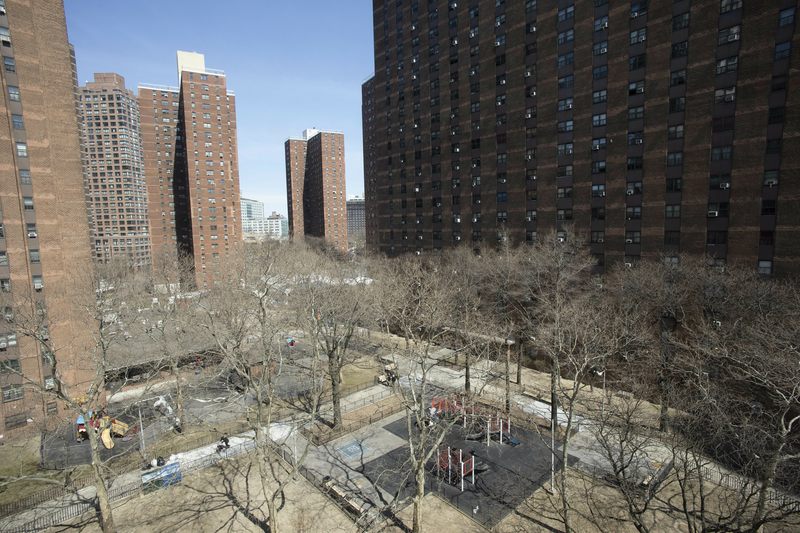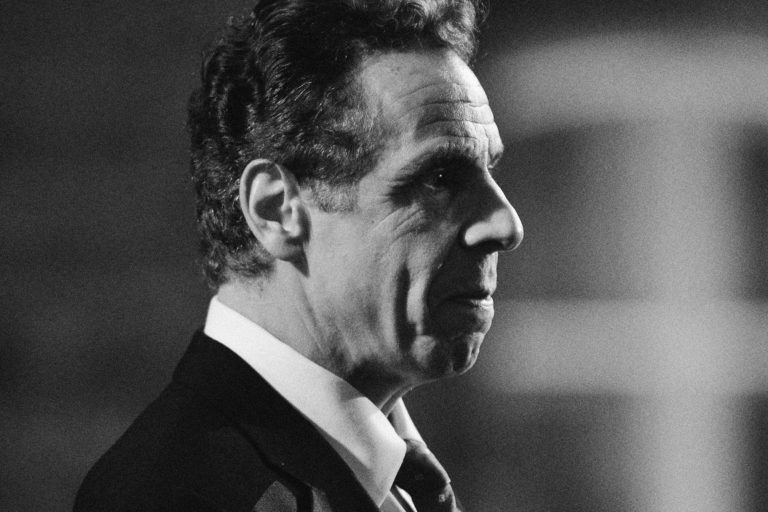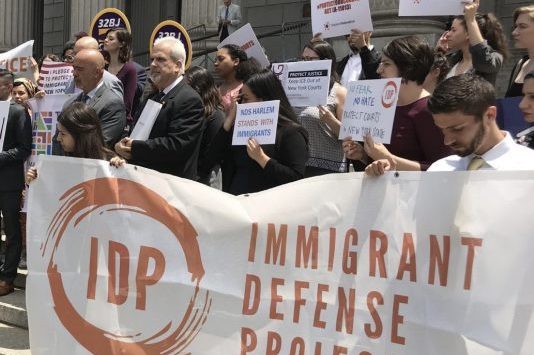
Senate Bill S8494 was recently introduced to the New York State Senate. It proposes the creation of a new New York State Social Housing Development Authority to facilitate the building and financing of public housing. The Authority would be a public benefit corporation rather than a state agency so it can acquire financing from the market and be less reliant on public subsidies. The Authority would also be given the ability to “supersede local zoning and planning laws for any project designated as permanently affordable and requires compliance with the state building code.”
This is a fantastic bill and if it passes, the Authority would have an immense capability to address the housing crisis particularly because it can “supersede local zoning and planning laws.” Restrictive zoning laws hinder the supply and development of homes and are the primary reason housing in New York City has gotten so expensive. Therefore, having an authority that can outright ignore zoning laws would be monumental. The bill also recognizes the importance of accruing independent financing for projects beyond government subsidies, something that is always a concern when it comes to public projects that require continuous maintenance as below market rate buildings cannot maintain themselves just with collecting rents.
Ideally, the new Social Housing Development Authority would be able to spur construction and compete with private developers through its ability to build quality homes at minimal to no profit because it doesn’t have to account for returns on investment. However, despite the bill’s strengths, I am extremely reserved in my expectations for the success of this Authority if it even passes—which itself seems unlikely precisely because of the proposed power to override zoning laws. Previously, Governor Hochul’s attempt to implement an affordable housing program that overrode local zoning laws if localities didn’t meet housing targets was met with strong opposition. It ultimately failed to pass primarily because of resistance from local leaders, who objected to any infringement on their power to control and exclude housing. I expect Senate Bill S8494 to be met with the same kind of resistance.
Currently, the public housing authority in New York City, named the New York City Housing Authority (NYCHA), provides subsidized housing through public housing and vouchers to 528,105 residents, making it “the largest public housing authority in the nation.” The NYCHA differs from the proposed Social Housing Development Authority primarily because it is a public development corporation that receives funding from the Department of Housing and Urban Development allocated by Congress. Public development authorities like the NYCHA are typically prohibited from selling bonds.
In June 2023, Governor Hochul established the NYCHA Preservation Trust which allows the NYCHA to sell bonds and seek capital investment. However, the NYCHA has been underfunded for decades and therefore needs a lot of money and support to repair all of its existing units—a sum that only grows each year with inflation and more units falling into disrepair. In 2020, the NYCHA’s estimated capital needs amounted to $40 billion. Its most recent estimate has shot up to $78.3 billion. It is impossible for this amount to be funded off the city budget alone,and the NYCHA receives $16,680 per family unit from the federal government—a number originally determined in 1998, and which remains the same in 2024 despite a cumulative inflation rate of 89.21% since. It’s completely absurd that federal funding hasn’t been updated with inflation. How can we expect NYCHA to maintain its properties with its resources continuously squeezed?
Making sure the NYCHA gets the necessary funding and that this funding translates into repairs is absolutely crucial to not only save the existing public housing in New York City, but also to create the political will to build more. When people think of public housing in New York City, they think of the NYCHA. When people think of the NYCHA they should not imagine run down, destitute, shoddy apartments for the poor and retired, but actual livable homes. Senate Bill S8494 should absolutely be supported, and at the same time, policymakers should seek to help the NYCHA try and take advantage of possible legal avenues to expand—such as whether the NYCHA can operate market rate homes to help cross subsidize more affordable units. To get the housing we need, there needs to be the housing authority we deserve.



